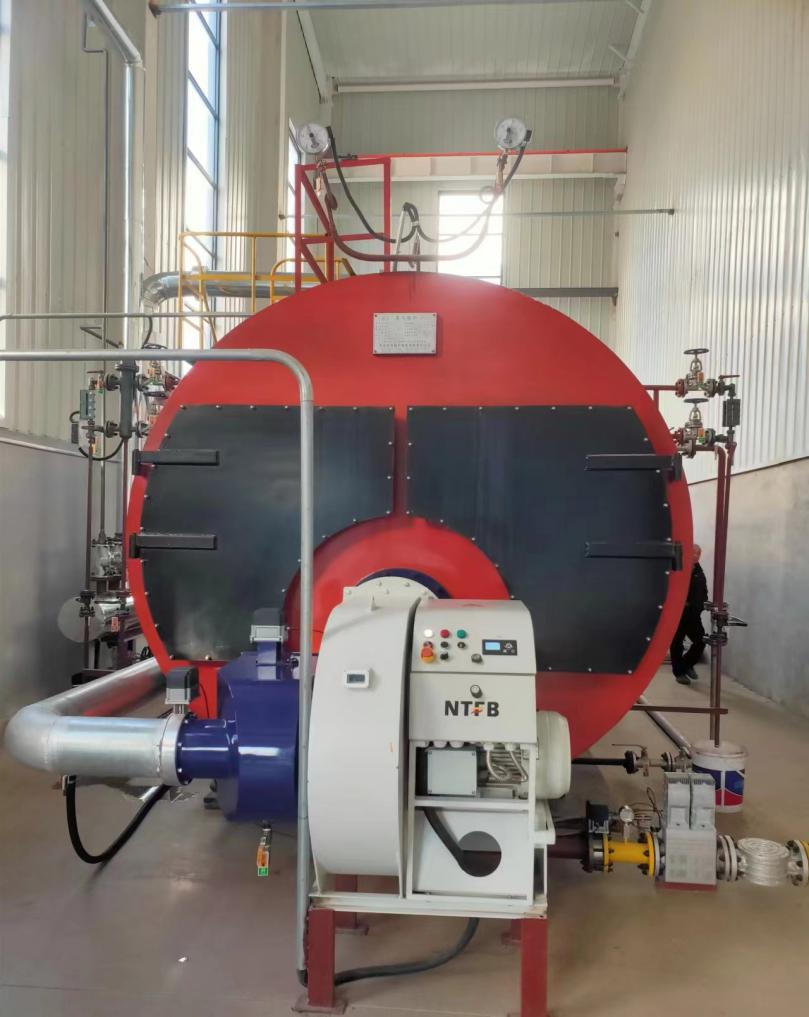
Шіл . 27, 2024 01:33 Back to list
Design Considerations for Efficient Operation of Thermal Oil Boilers in Industrial Applications
Thermal Oil Boiler Design An Overview
Thermal oil boilers are increasingly gaining popularity in various industrial applications due to their efficiency and versatility. Unlike traditional steam boilers, which utilize water as the heating medium, thermal oil boilers use specially designed thermal fluids to transfer heat within heating systems. This article will delve into the key aspects of thermal oil boiler design, highlighting their advantages, components, and considerations for efficient operation.
Advantages of Thermal Oil Boilers
One of the primary advantages of thermal oil boilers is their ability to operate at higher temperatures without the risks associated with steam pressure. With thermal oils, temperatures can reach as high as 400°C (752°F) while maintaining atmospheric pressure, which significantly enhances safety in operations. This characteristic makes them ideal for industries that require high-temperature processes, such as chemical, petrochemical, and food processing plants.
Additionally, thermal oil systems provide improved temperature control and energy efficiency. The heat transfer properties of thermal oils allow for uniform heating, reducing heat losses and increasing overall system performance. Furthermore, these boilers can easily adapt to varying heating loads, making them versatile for processes that require fluctuating temperatures.
Key Components of a Thermal Oil Boiler
The design of a thermal oil boiler typically includes several critical components
1. Furnace The furnace is the combustion chamber where the thermal oil is heated. It is designed to ensure complete combustion and efficient heat transfer.
2. Heat Exchangers These devices transfer heat from the hot thermal oil to the process fluids while maintaining the integrity of both systems. Proper design is crucial to minimize fouling and maximize heat transfer efficiency.
3. Circulation Pumps These pumps ensure the continuous flow of thermal oil through the system, providing consistent heat distribution to process equipment.
4. Expansion Tank As thermal oil heats up, it expands. The expansion tank accommodates this expansion, preventing excessive pressure build-up within the system.
thermal oil boiler design

5. Control System An effective control system is necessary for monitoring and regulating the temperature of the thermal oil, ensuring optimal performance and safety.
Design Considerations
When designing a thermal oil boiler system, several factors must be considered to optimize performance and ensure longevity.
1. Thermal Oil Selection The choice of thermal oil is paramount. It should have a high thermal stability, low viscosity, and effective heat transfer properties to ensure efficient operation. Common options include mineral oils and synthetic thermal fluids.
2. Safety Features Safety is a primary concern in thermal oil boiler design. Incorporating safety valves, thermal oil leak detection systems, and control systems that can handle various operational variables are essential to mitigate risks.
3. Insulation Proper insulation of pipes and equipment is vital to minimize heat loss and improve system efficiency. This also enhances safety by reducing surface temperatures.
4. Regulatory Compliance Thermal oil boiler systems must adhere to local regulations and standards concerning emissions, safety, and efficiency. Designers should stay updated on these regulations to ensure compliance.
5. Maintenance and Support A well-designed thermal oil system should allow for easy maintenance and access. Routine checks and maintenance schedules should be established to ensure optimal performance and prolong the life of the boiler.
Conclusion
The design of thermal oil boilers presents a boundless opportunity for industries requiring high-temperature heating solutions. With their efficiency, safety, and temperature control capabilities, they stand out as ideal for various applications. By paying careful attention to design considerations, industries can benefit from reliable thermal oil systems that enhance productivity while maintaining safety and compliance. As technology evolves, we can expect even more innovative solutions in thermal oil boiler design, leading to better performance and sustainability in industrial heating processes.
-
Best Steam Boiler Design PDF Free Design Calculation & Diagram Downloads
NewsJun.10,2025
-
Hot Boiler Water Heater Efficient Heating Solutions for Home & Commercial Use
NewsJun.10,2025
-
Steam Boiler Safety Devices High-Quality Protection Valves
NewsJun.10,2025
-
Ultimate Steam Boiler Checklist for Safety & Efficiency
NewsJun.10,2025
-
Optimal Hot Water Boiler Temperature Setting Guide
NewsJun.10,2025
-
Effective Hot Water Boiler Chemical Treatment Protect & Maintain
NewsJun.09,2025
Related PRODUCTS






















